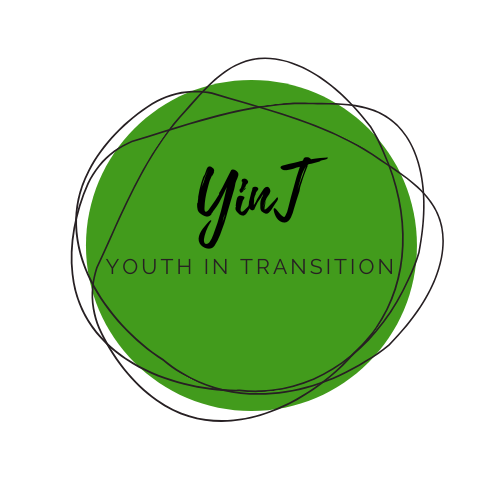3.2 Some facilitation tips
Opening & Closing - Beginnings and endings of sessions are important to open and close the space. It is recommended to start and end each activity (synchronised and unsynchronized) session with a short contemplative moment as this seeks to cultivate a fruitful atmosphere for learning. For some groups it could be appropriate to have a short mindfulness session every day and for others practices from their traditional backgrounds for example (synchronised) incorporated in a break. It can also be important to gauge the energy of the group through a round where each participant gets the chance to speak. A contemplation can bring a calm atmosphere whilst telling a joke can raise the energy of the group. This should be prepared and thought of continuously by the facilitator.
Online sessions often need additional opening activities that help the participants to become familiar with writing (communicating) to the group, e.g. the “Concept-Baton”, where one participant starts with explaining a relevant concept from the theme and sends the “baton” on to the next participant.
It can simply be a round initiated by the facilitator where the participants (synchronised) say a few words or (unsynchronized) write a few thoughts from the last time everyone met. This can also be “joke-baton”, “thoughts from last time-baton”, etc.
Using a Participatory Approach
The aim is to create conditions for empowerment and demonstrate this in the facilitation approach.
It can be recommended following the “Praxis - Experiential Learning Cycle”[1] as far as possible.
In summary:
- Create or draw on an experience the participants have had (the exercises)
- Reflect on feelings about the experience
- Observations of specific situations in the exercise
- Draw lessons learned about the experience
- Contemplate how to apply the experience
There are basic skills needed as tools for facilitating this kind of learning such as asking open questions, probing questions, deep listening, speaking/writing leanly, summarising, paraphrasing. They are very important and determining factors to make a good facilitator - or the opposite. Especially with ‘hard to reach’ groups it is important not to put people under stress, but to meet people where they are, not having to perform more than what is in their comfort zone and immediate learning zone. Facilitators can give input to sessions by synthesising findings of the group into the learning theme. This is an art in that a facilitator should really honour the contributions, possibly some aspects they did not know, and not be over attached to the outcome.
Designing the sessions
As facilitators, it is vital to assess the needs of the participants and design the sessions and processes accordingly. However, at the very beginning of the activity, check expectations again and adjust the session design if needed. During sessions, facilitators have to read the energy of the group constantly and adjust learning activities when needed. This is called ‘emerging design’. During the learning, listen deeply to participants’ contributions (their participation), carefully taking note of key points (in the minds, on flip charts or on the online platform) and weave them into the conclusions of the learning, combining and synthesising with facilitators’ contributions (leadership).
Sometimes there may be more contributions from participants, other times more from facilitators, or equally, depending on the subject matter, the people involved or the context of the situation. Mindfulness practices and self-management will tell where the balance is. This is the intuition at work, the synchronicity of your head, heart and body. If you as a facilitator find it hard to feel the group online, then react by asking a question to get the information (feedback) you need to facilitate the process e.g. “How are you doing right now”? The design of a session will benefit from a variation of activities, like a mix of facilitators input, plenary discussion, group work, games etc. Always with a good introduction/framing of what can be expected from the session and a debriefing, where participants can share what they have been through. Spiced up with energizers and continuous attention from facilitators to create a good, inclusive and participatory learning space.
[1] Ref. Gaia Education, Mindful Participatory Facilitation for Empowerment.


0 comments
Leave a comment
Please log in or register to post a comment